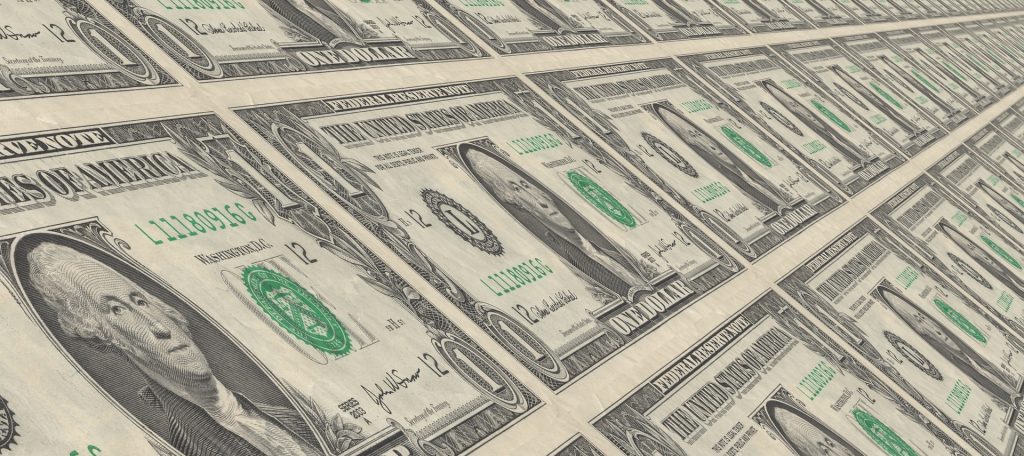“Public statement is a blemish on the whole Kingdom”

PHILIPSBURG – The Caribbean Financial Action Task Force (CFATF) issued a public statement against St. Maarten during its fiftieth plenary meeting in Antigua last week. This is due to the country’s failure to comply with legislative measures against money laundering and the financing of terrorism.
Finance Minister Egbert Doran played down the significance of the public statement, saying that it “did not urge other countries to impose counter measures on St. Maarten.”
This is however standard procedure. CFATF executive director Dawne Spicer already told parliamentarians during a central committee meeting in February that a first public statement would point out the risks of doing business with St. Maarten. “The statement asks countries to consider the risk of doing business with St. Maarten. It will be sent to all member-states and it will be published on our global network.”
Minister Doran said in a statement that he would “work alongside the CFATF” to have the public statement revoked during the next plenary meeting of the money laundering watchdog, scheduled for May 2020. This suggests that the CFATF has a role to play, but in reality it is up to St. Maarten to get its anti-money laundering legislation up to standards.
If it fails to achieve this by May 2020, the CFATF with issue a so-called upgraded public statement. Such a statement, Spicer said in February, will ask member states to implement counter measures.
The news about the public statement inspired the Financieel Dagblad in the Netherlands to publish an article under the headline “Sint Maarten receives warning for indolent money laundering repression.”
Reporter Johan Leupen writes that the situation does not sit well with the Rutte-government, but that the Dutch are not in a position to impose anything on St. Maarten. Furthermore, he notes, the statement could frighten banks and have a negative impact on the investment climate.
“On Thursday St. Maarten received an official warning for its structurally indolent attitude towards money laundering practices and the financing of terrorism. In spite of repeated promises the government has missed deadline after deadline and it failed to put its legislation in order,” reads the article’s opening paragraph.
The public statement means that St. Maarten is considered a risk for the international financial system because of its strategic shortcomings, Leupen wrote. “The island is seen as a money laundering paradise with its many casinos; it is for two years under enhanced supervision because of its impotence to meet international guidelines.”
“The Netherlands is very active in becoming the best little boy in the classroom in the fight against money laundering,” the newspaper quotes Bob Hoogenboom, professor forensic business studies at Nyenrode University. “This is a blemish on the whole kingdom. We are being judged internationally for this. This undermines the investment climate and the timing could not be worse.”
The newspaper also quotes prosecutor Danny Hazejager, a member of the anti corruption taskforce (TBO) in St. Maarten. He expects that international payments will become slower and more expensive because banks will have to conduct additional controls. The banks will also come under closer scrutiny, Hazejager says, adding that they could even decide to turn their backs on the island. “Such a warning is the antechamber of the black list that also mentions North Korea and Iran.”
Ronald van Raak, Member of Parliament for the Socialist Party says that the public statement is “disastrous”, adding that local politicians have handed St. Maarten to the mafia. “The government is for a large part corrupt and has been busy for years stalling anti-money laundering policies for personal interests.”
Van Raak says that it is time for The Hague to intervene, but chances this will happen are slim to none.
Minister Raymond Knops (Home Affairs and Kingdom Relations) told the parliament in July that he is concerned about the lack of progress in St. Maarten and that he is keeping track of all developments. But Knops also noted that St. Maarten is an autonomous country in the kingdom. “It has a responsibility to guarantee the recommendations in legislation.”
VVD parliamentarian André Bosman agrees with Knops. “The Netherlands could jump high or low; if the government in St. Maarten does not make a move to do something and it wants to destroy the country that is for their own account.”
Bosman hopes the elections in January 2020 will provide a way out. “Right now they are driving into the abyss all by themselves. But that maximizes the chances of a replacement of the government.”


























